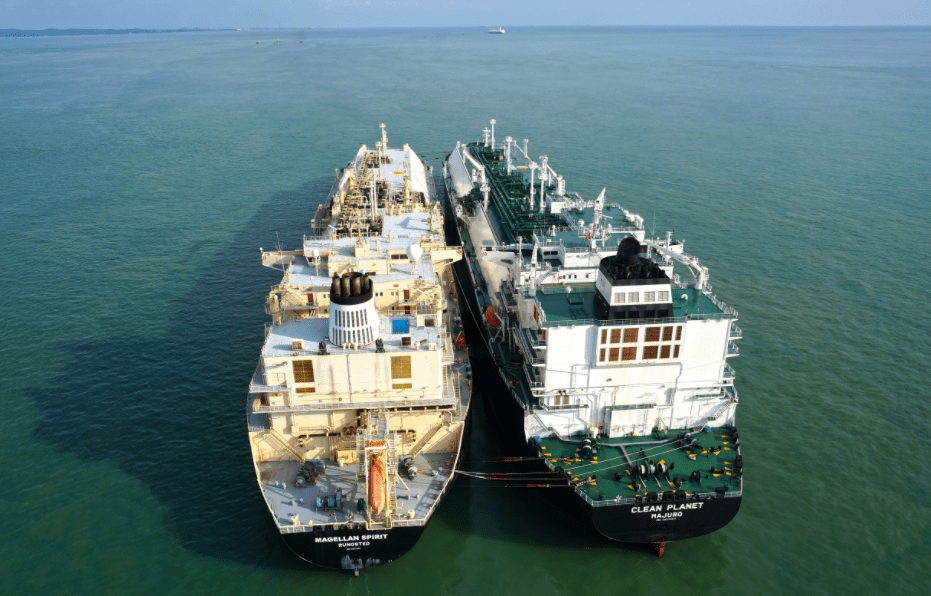Teekay Corporation expects the level of new tanker orders to remain low in the near term due to high prices for new vessels, a lack of shipyard space through the end of 2025 due to record levels of orders for containerships and LNG carriers, and continued uncertainty about vessel technology.
With a declining order book and an aging fleet, the company expects minimal world fleet growth in 2023 and negative fleet growth in 2024 and 2025 as retirements are expected to outpace new deliveries to the world fleet.
Teekay Corporation is a leading provider of international crude oil and other shipping services.
Teekay currently provides these services directly and through its controlling interest in Teekay Tankers Ltd., one of the world’s largest owners and operators of medium-sized tankers.
All in all, according to this company, the outlook for tanker fleet supply remains very positive due to historically low levels of new tanker orders, a rapidly shrinking order book and an aging tanker fleet.
Only 2.1 million deadweight tons (or mdwt) of tankers were ordered in the first half of 2022, which is the lowest total for a six-month period since Clarksons began reporting the data in 1996.
In addition, most of these orders have been for smaller tankers, as no orders have been placed for VLCCs or Suezmaxes since June 2021 and only a small number of Aframaxes have been ordered.
Containerships
Spot prices for crude oil tankers increased during the second quarter of 2022 to the highest level in two years.
The increase was largely due to trade lane disruptions and longer voyage distances resulting from Russia‘s invasion of Ukraine, coupled with positive tanker supply and demand fundamentals.
Impacts of the war
So far, the increase in tanker ton-mile demand due to the Russian invasion of Ukraine has proven to be long-lasting.
Short-haul Russian crude exports to Europe have declined significantly in recent months, as Russian crude is increasingly diverted to destinations east of the Suez, especially India and China, which is increasing tanker ton-mile demand.
In turn, Europe is having to replace short-haul Russian barrels with imports from other regions, notably the US Gulf, Latin America, West Africa and the Middle East, which is also leading to growth in ton-miles. These changes are primarily benefiting the mid-size sectors due to the loading and unloading regions involved.
Moreover, these changes are likely to be long-lasting, as the EU plans to eliminate all imports of Russian crude oil by sea by the end of 2022.
Container ships are the vessels responsible for transporting standardized containerized cargo; they are used to transport all types of goods around the world.
![]()

